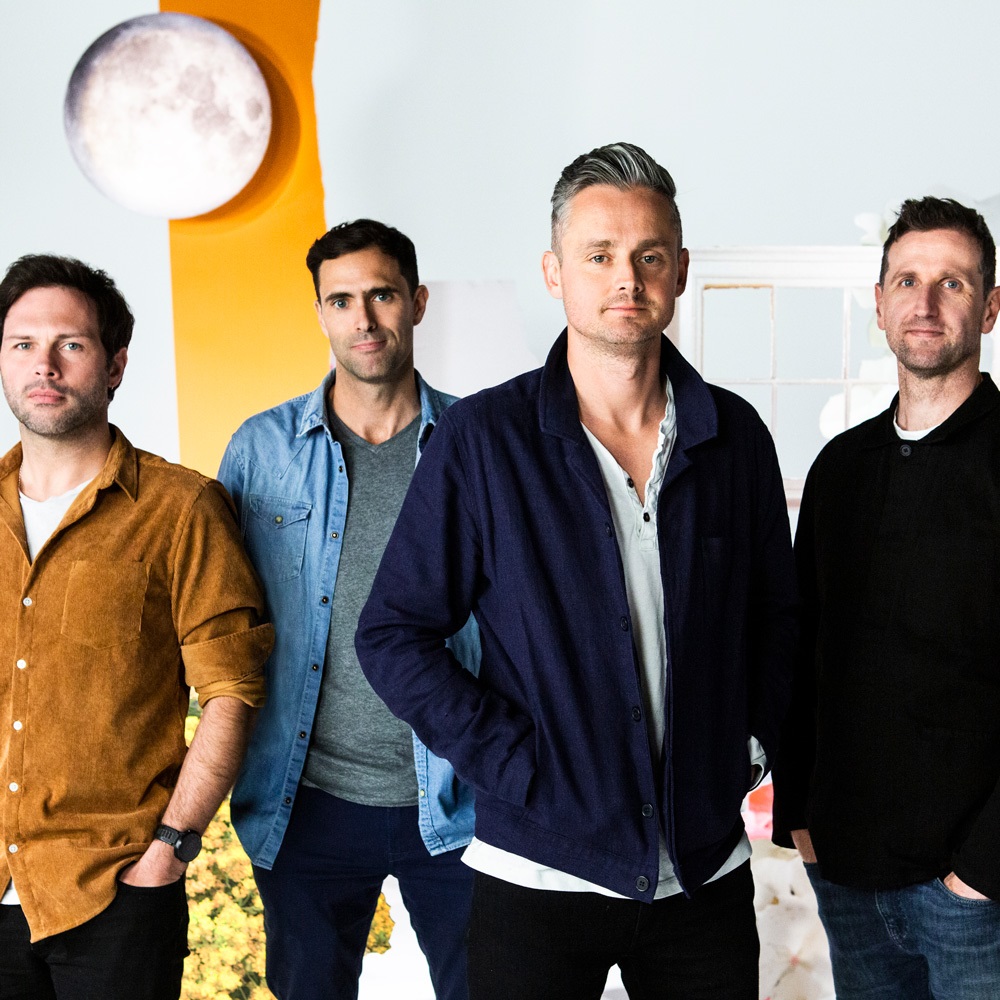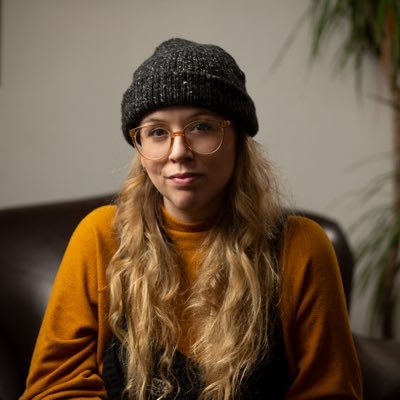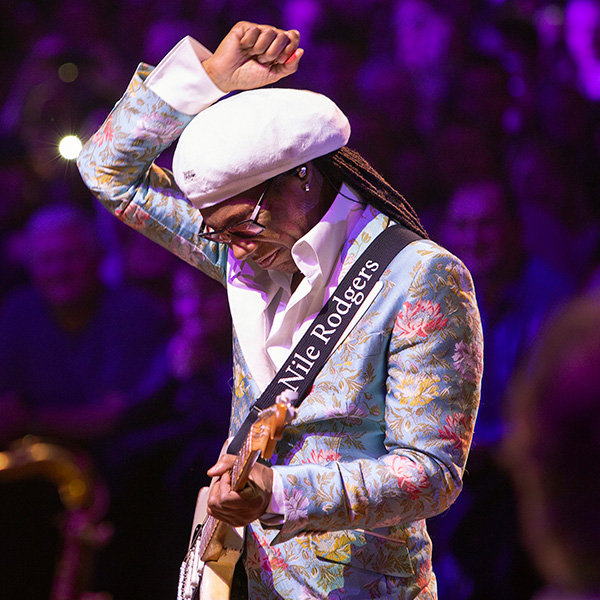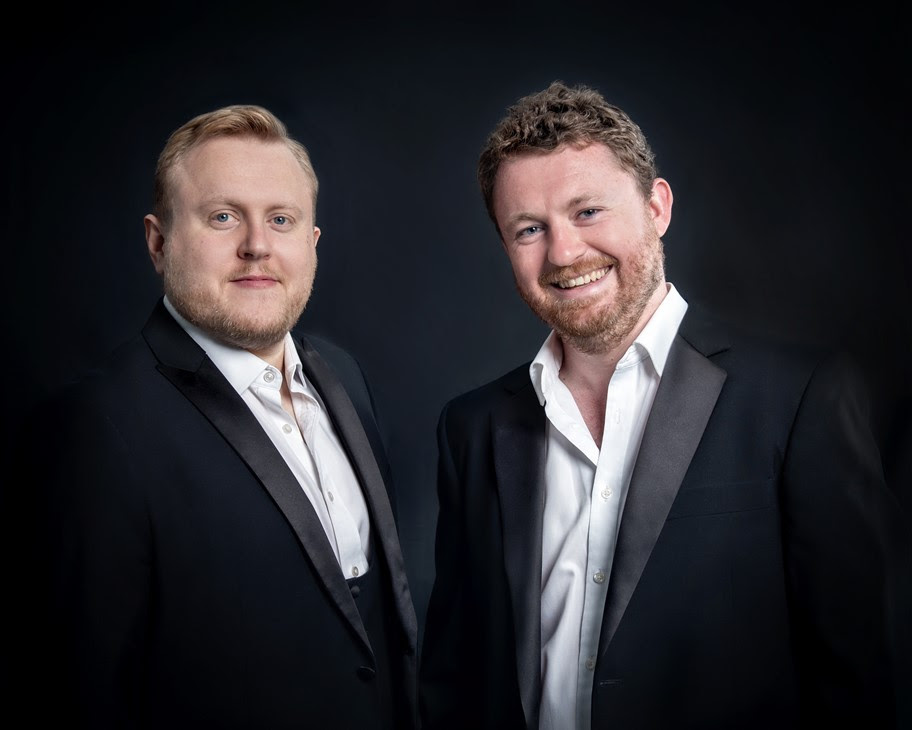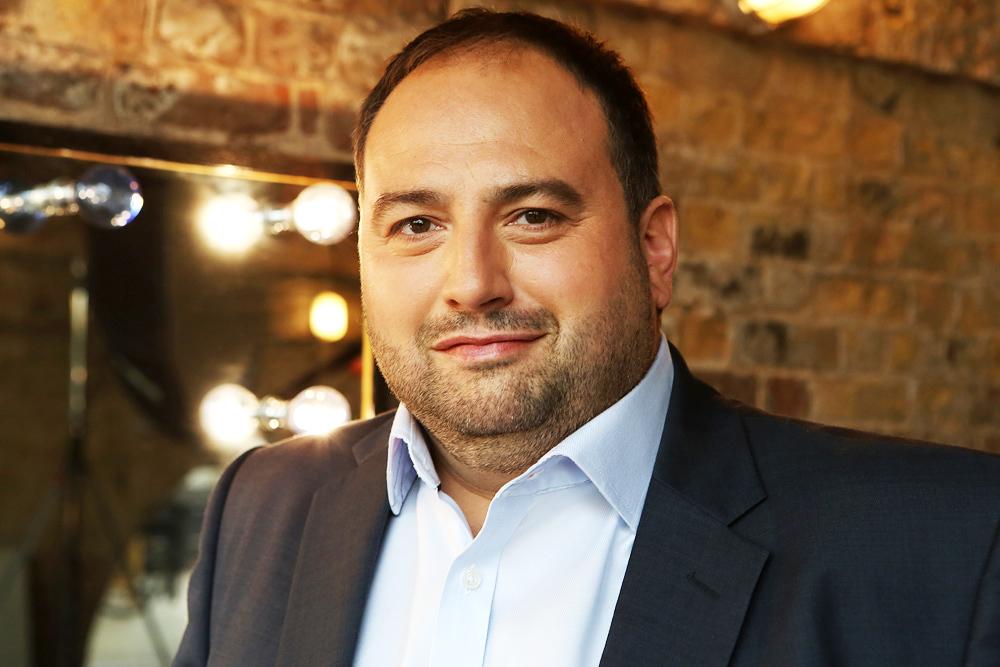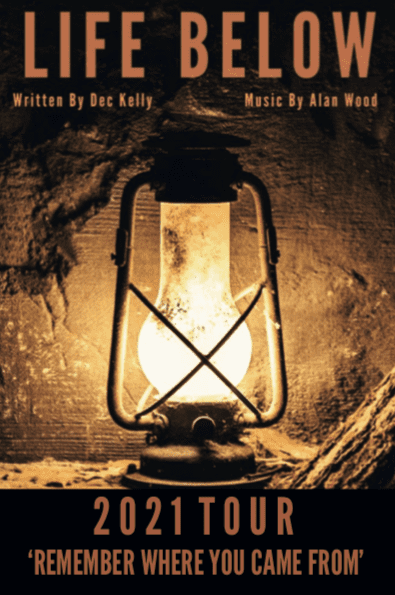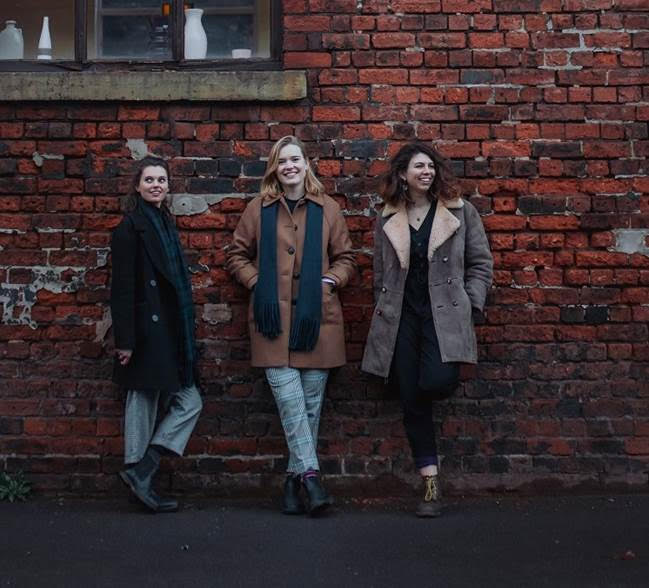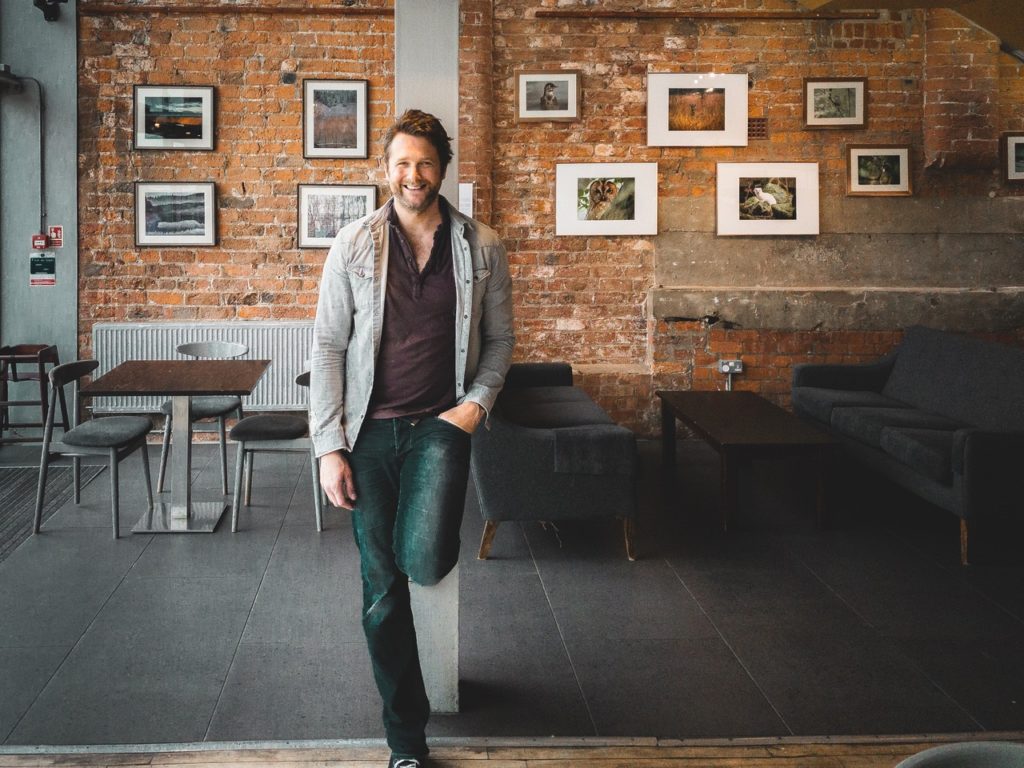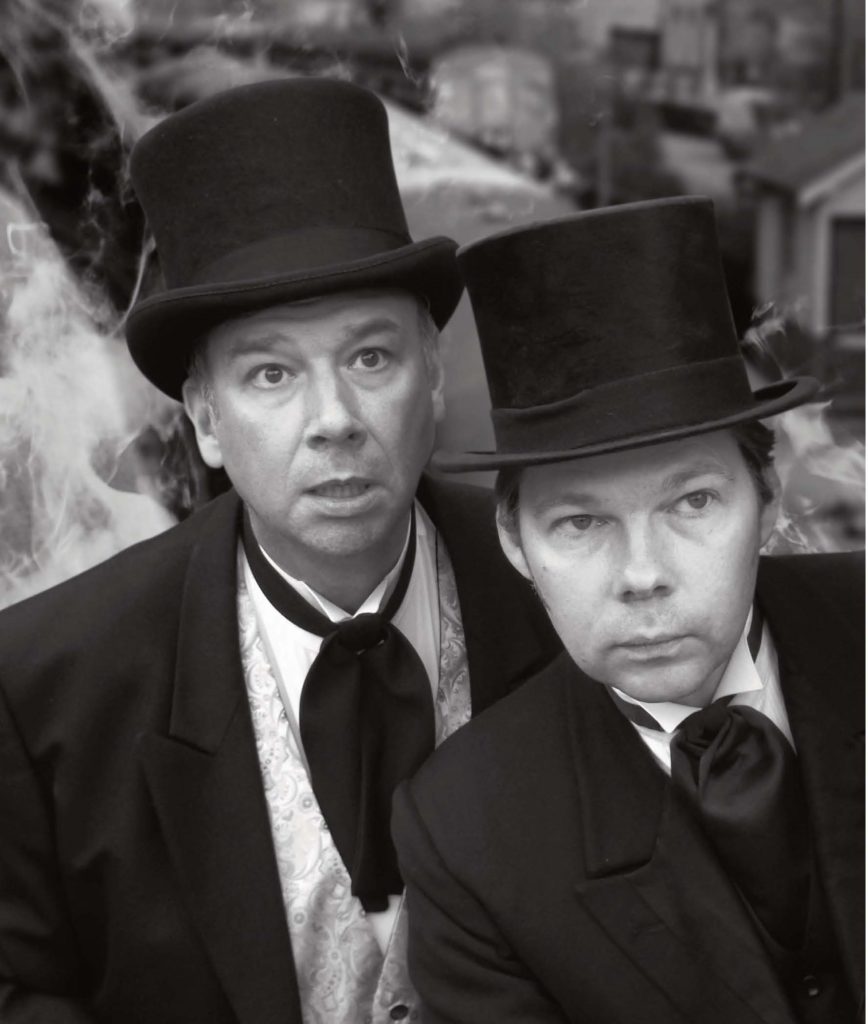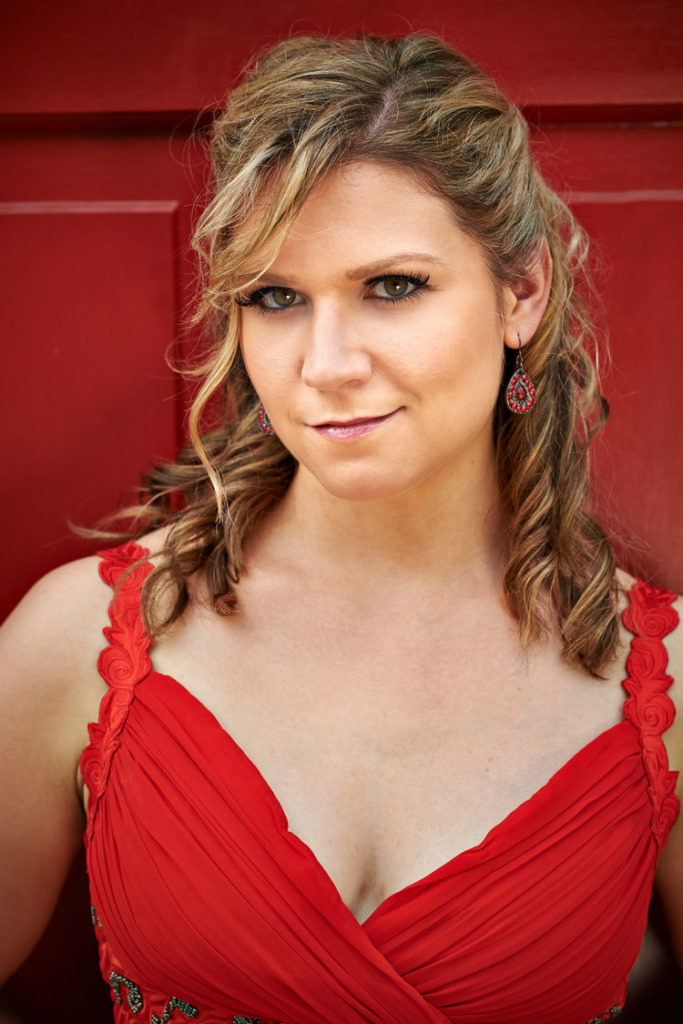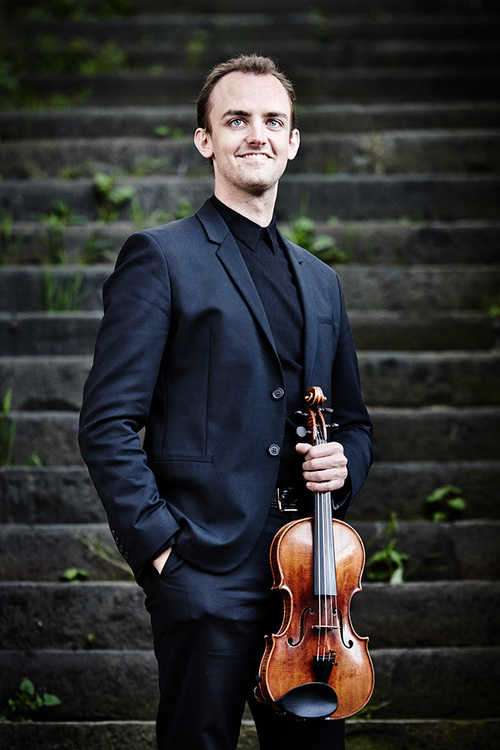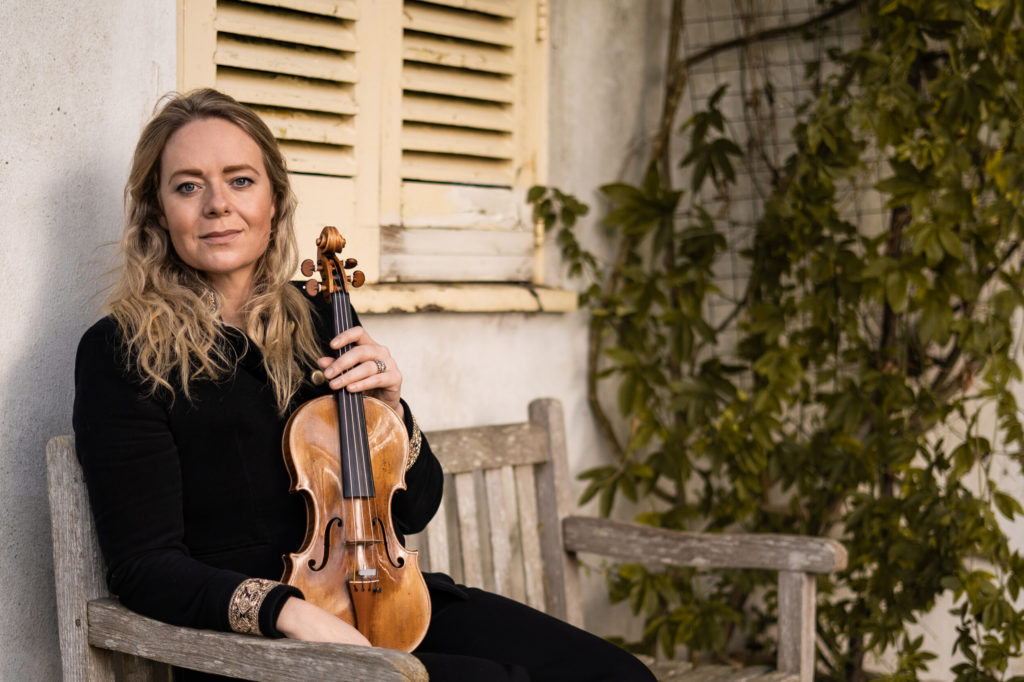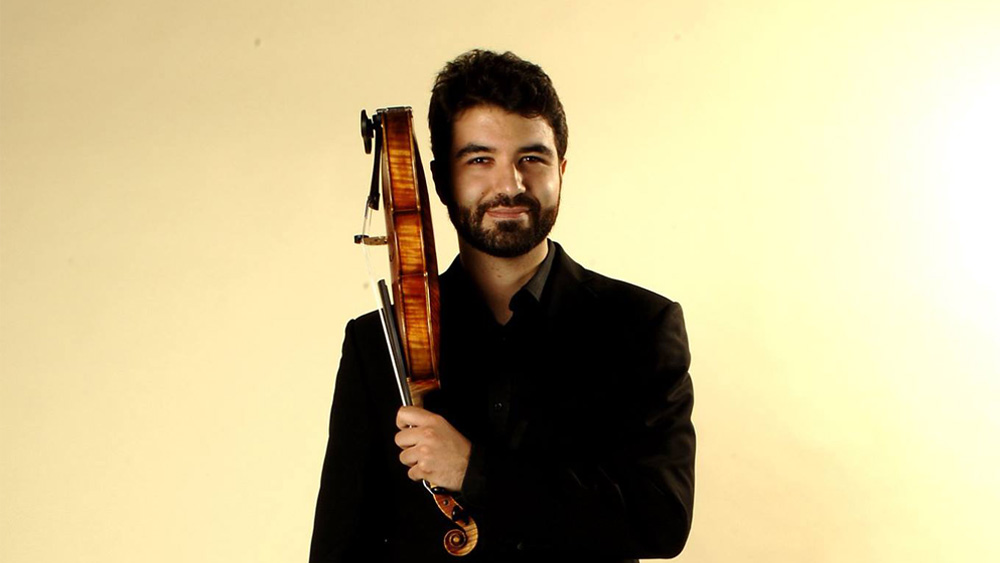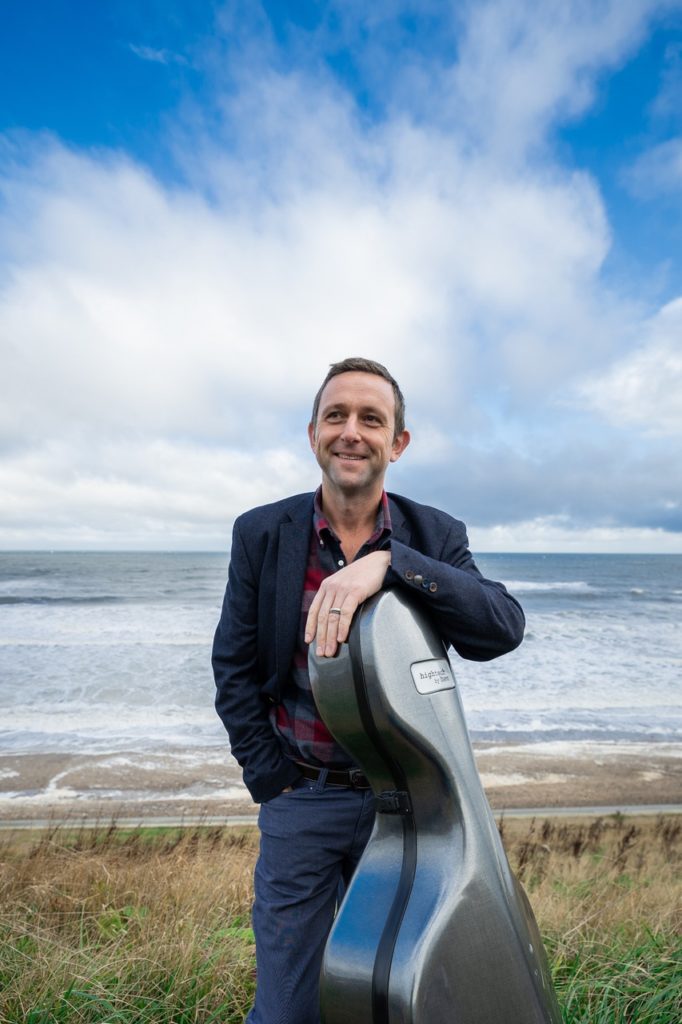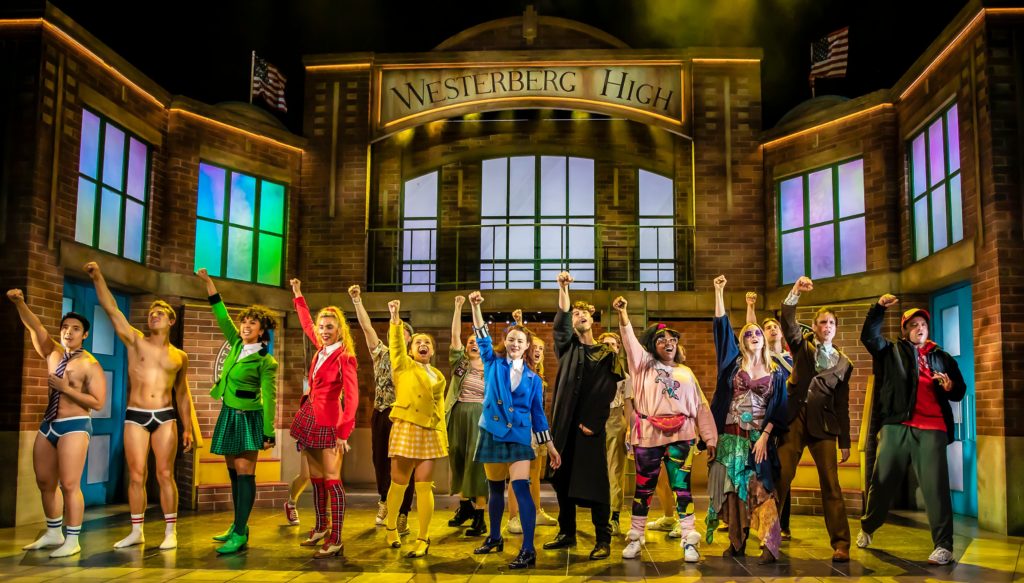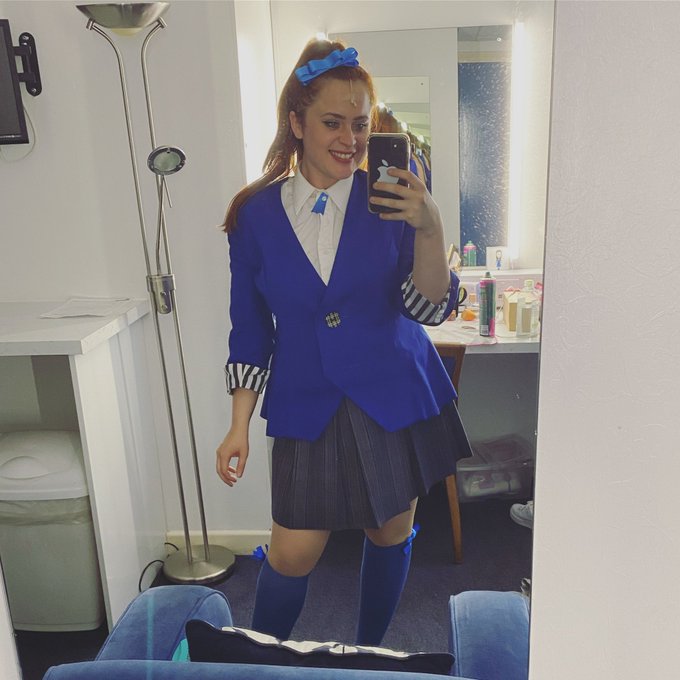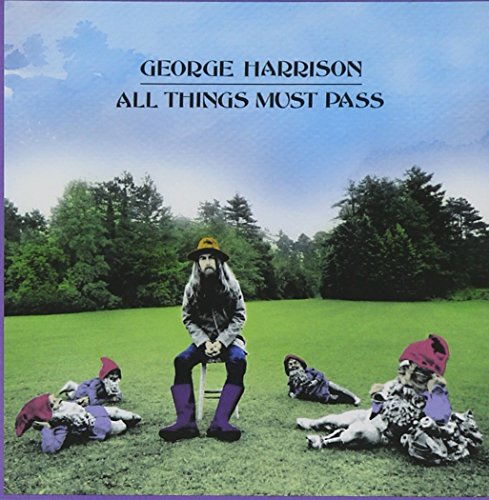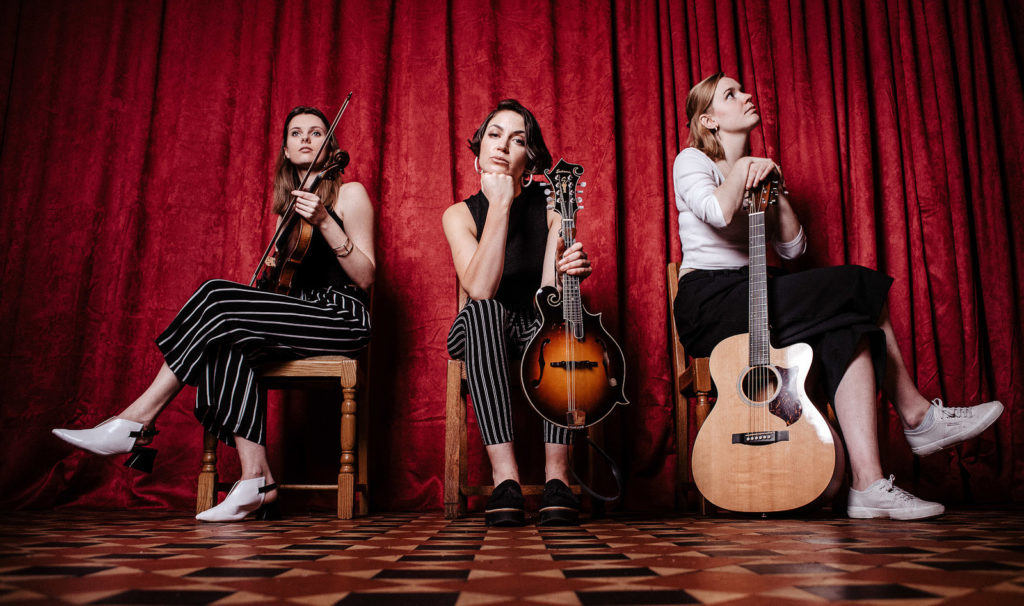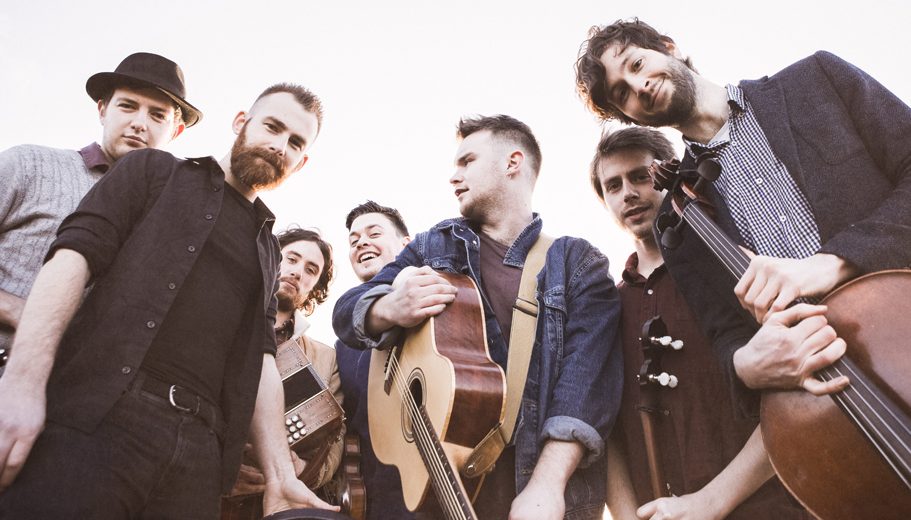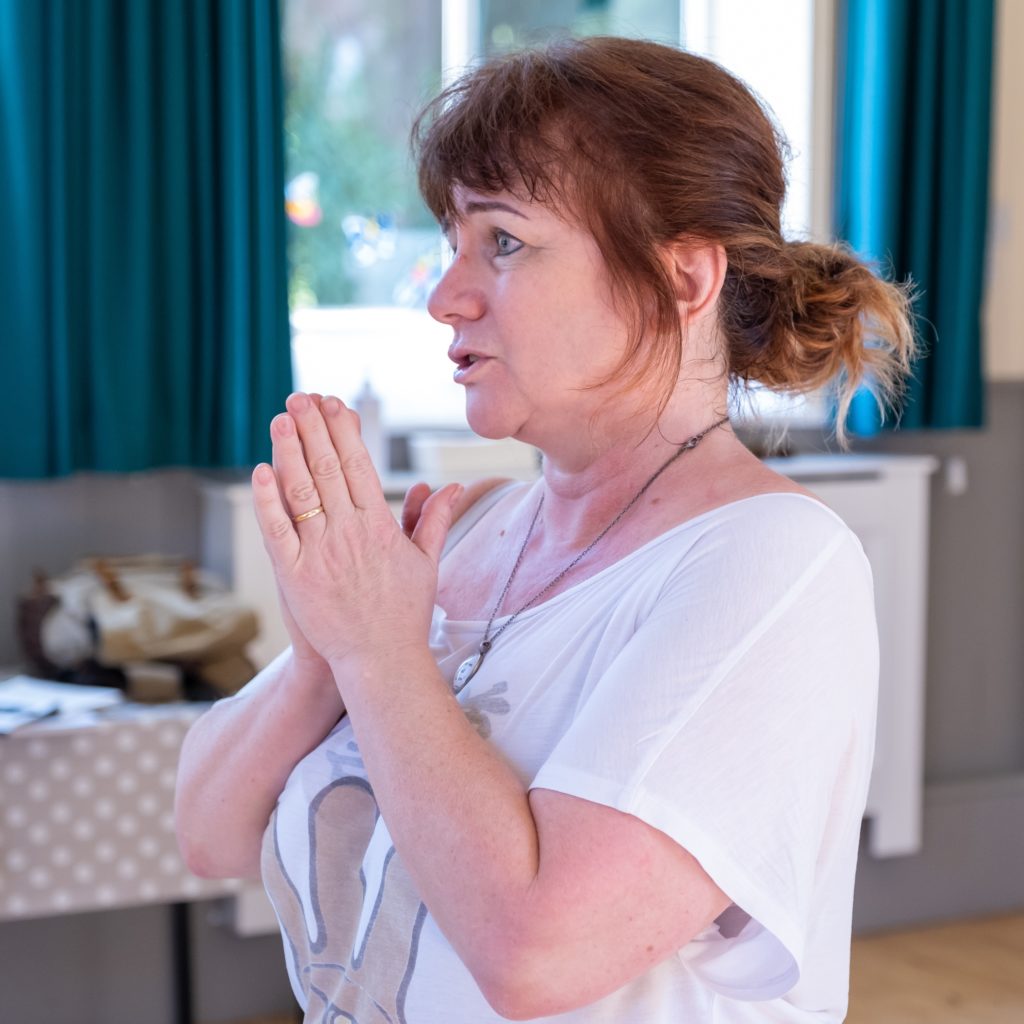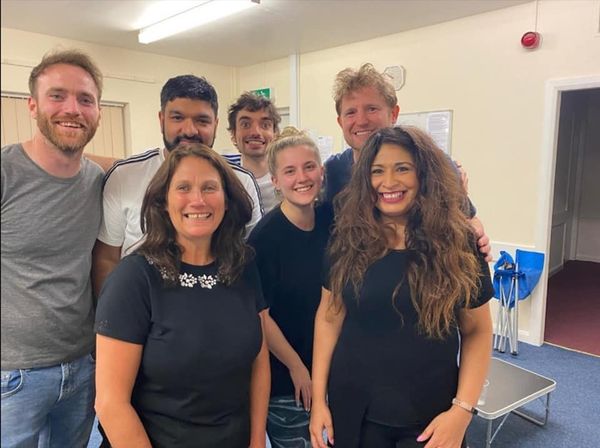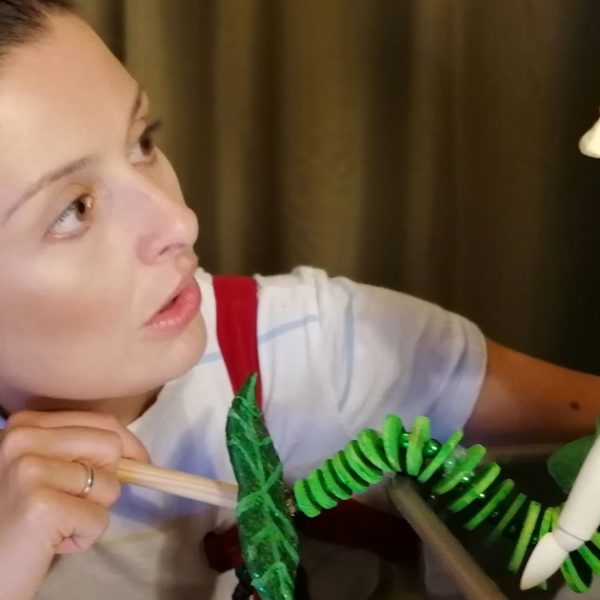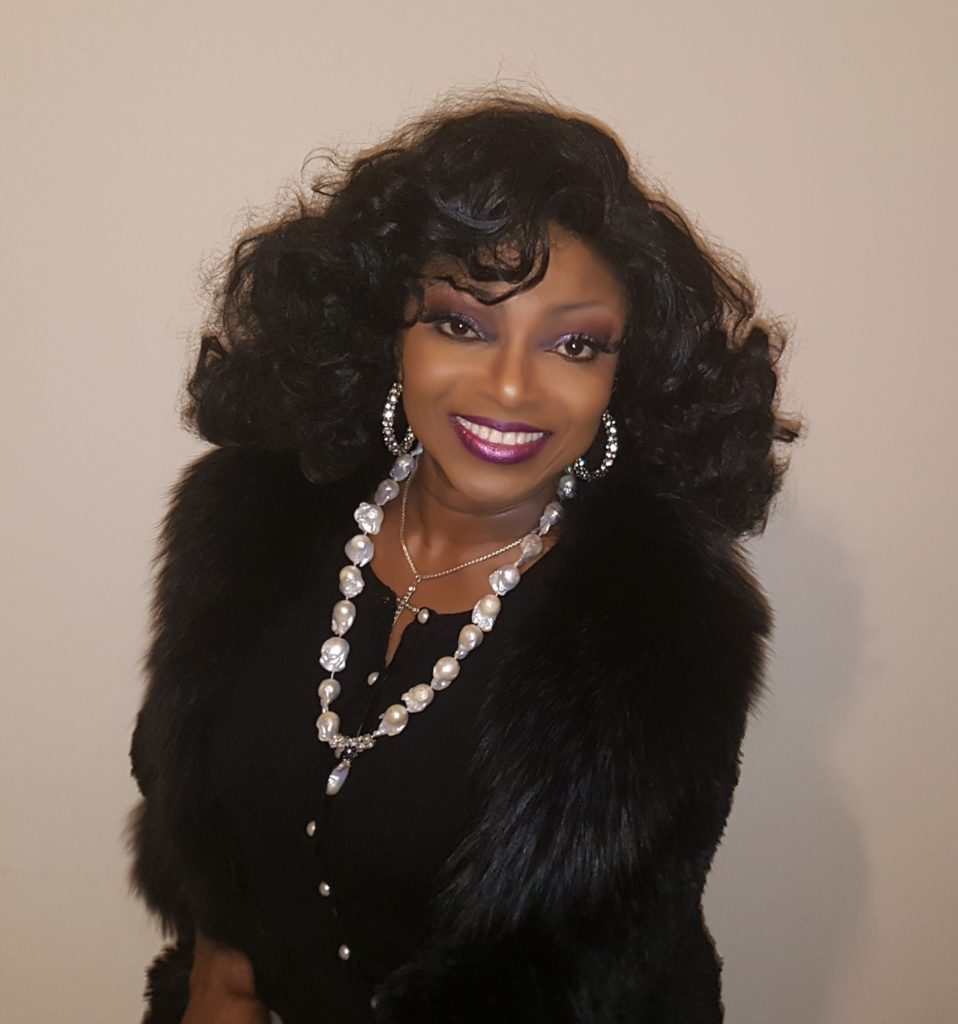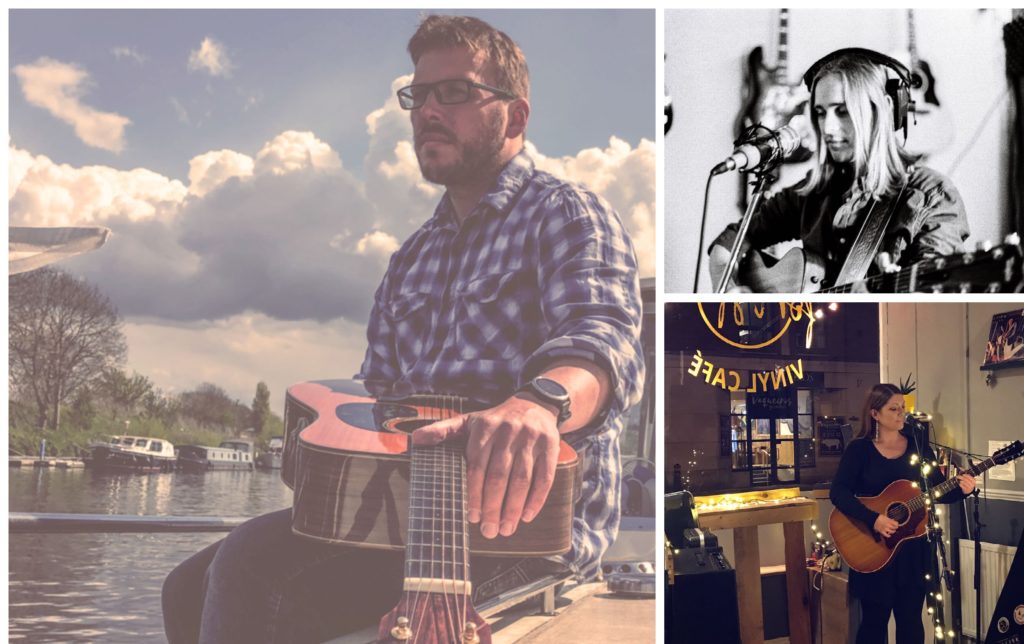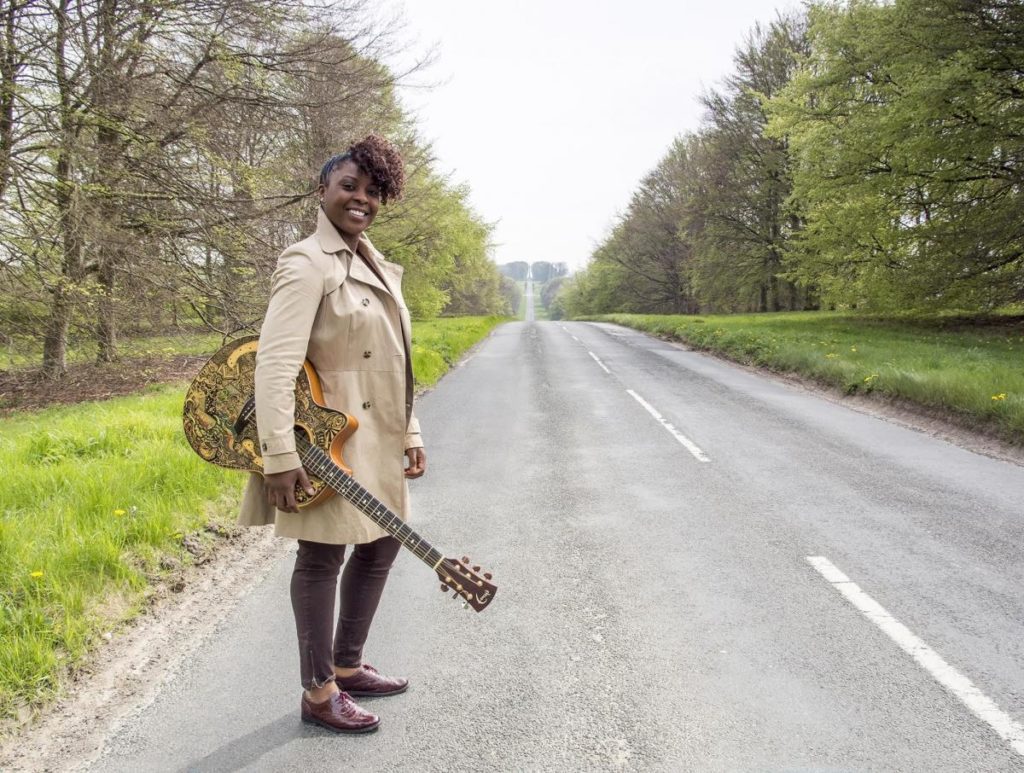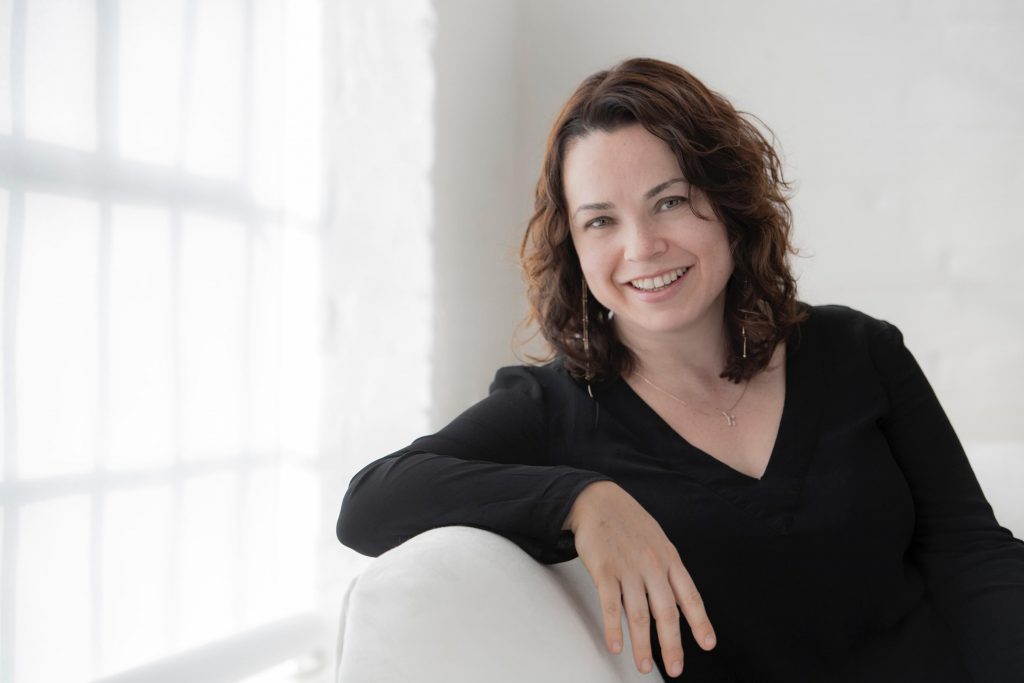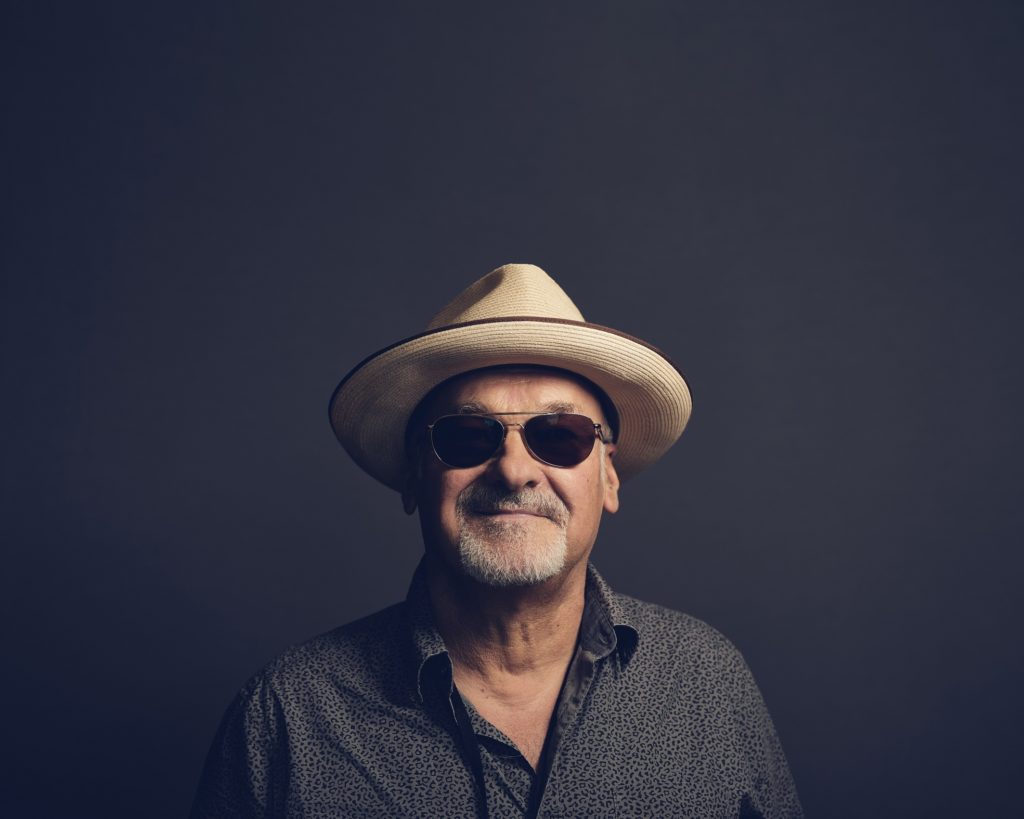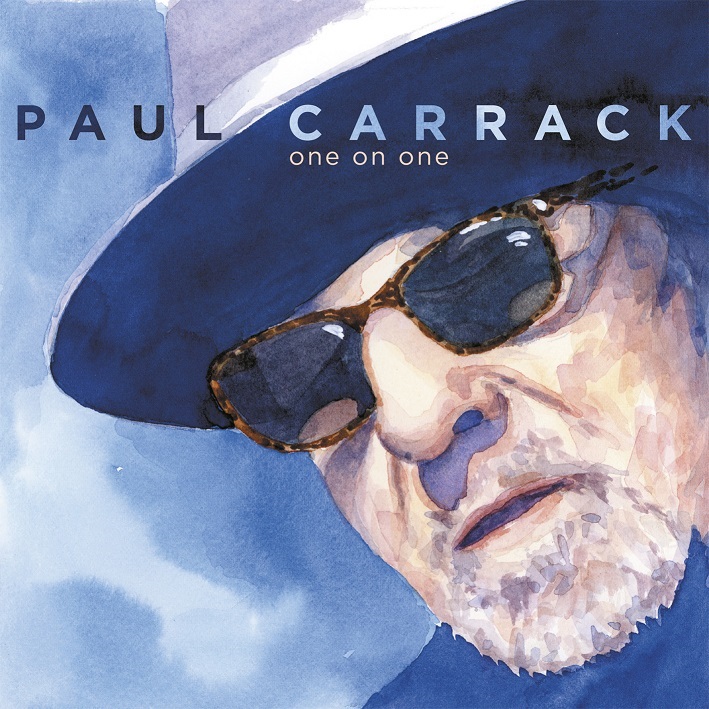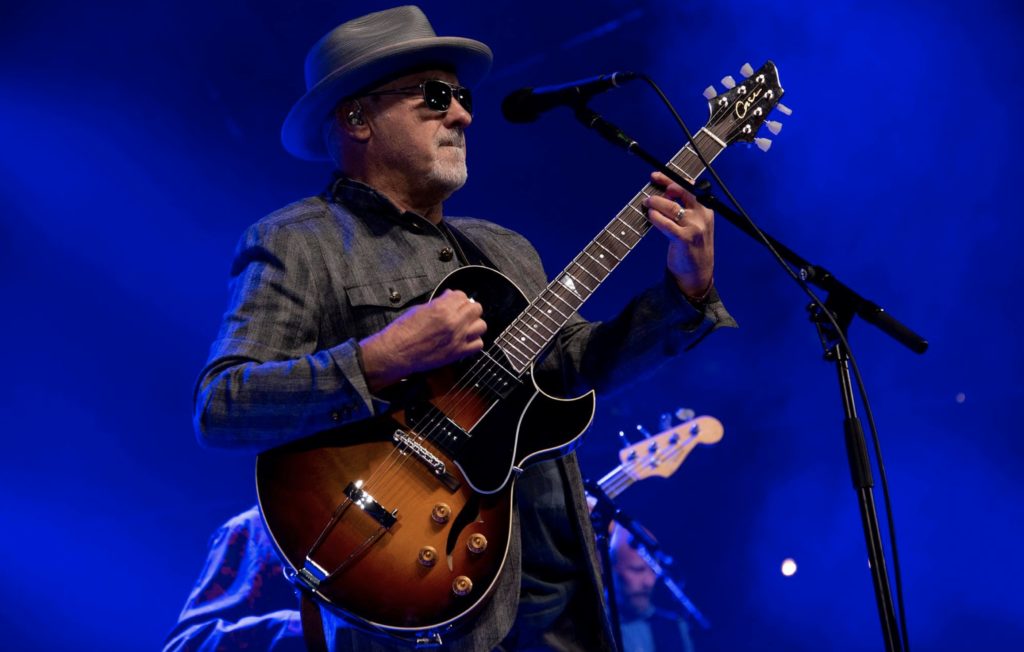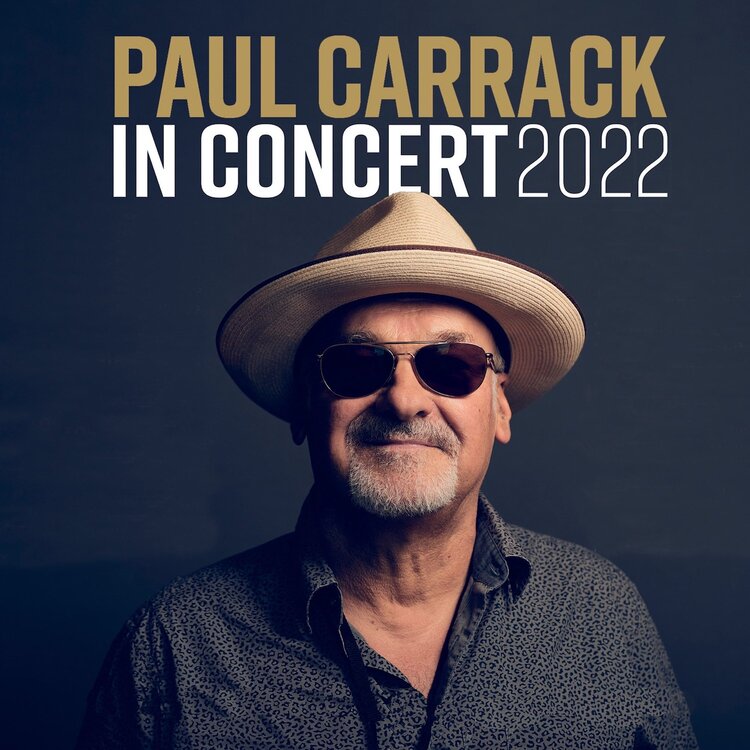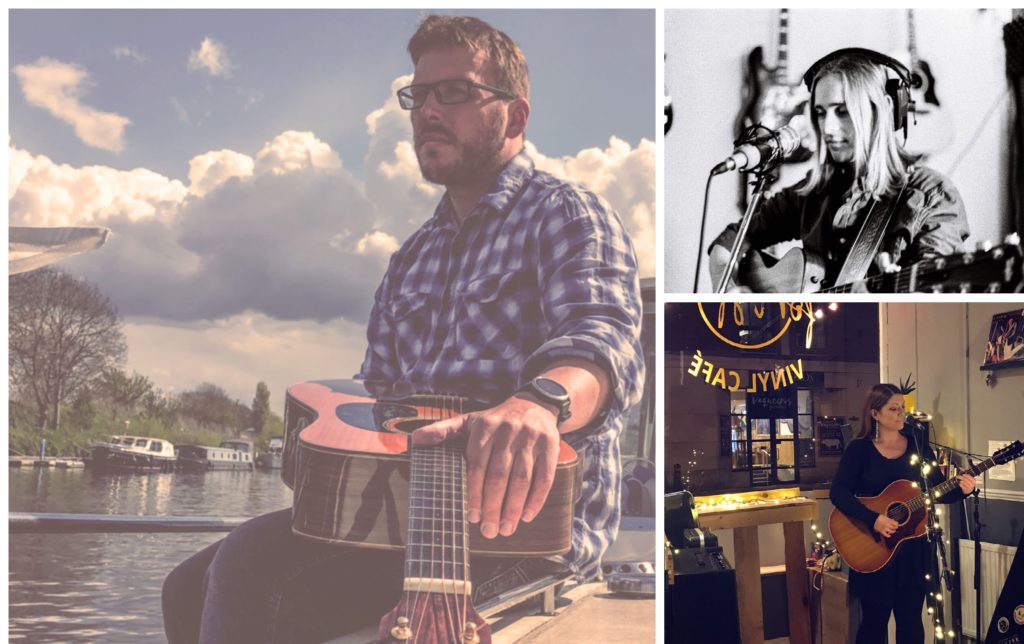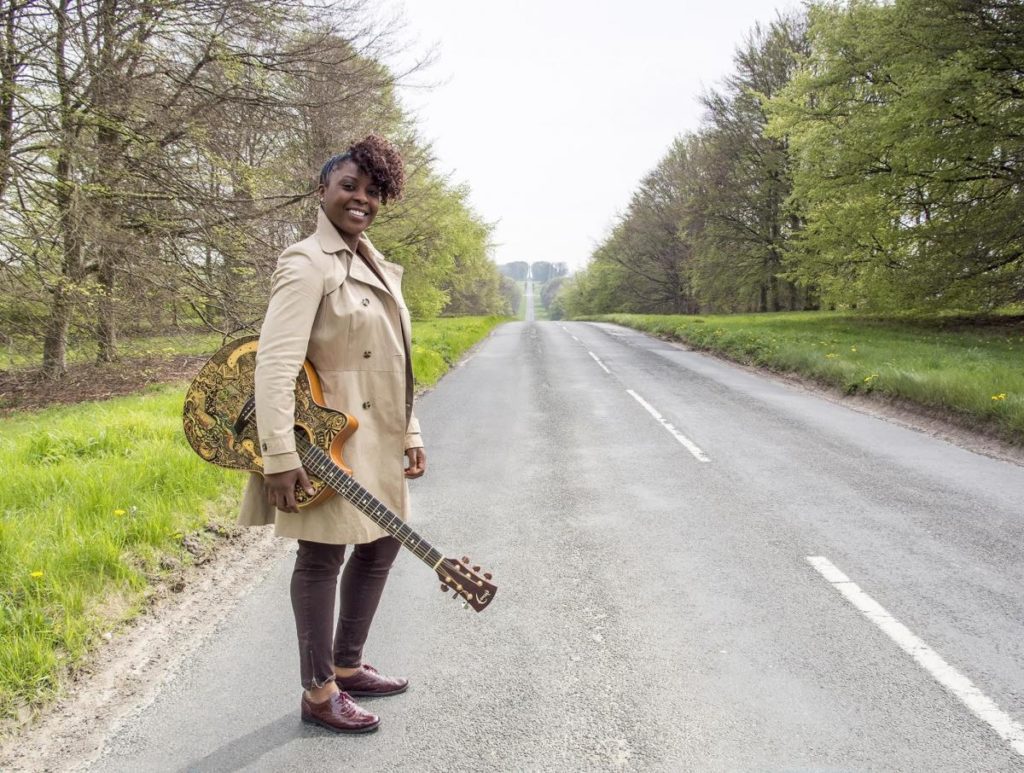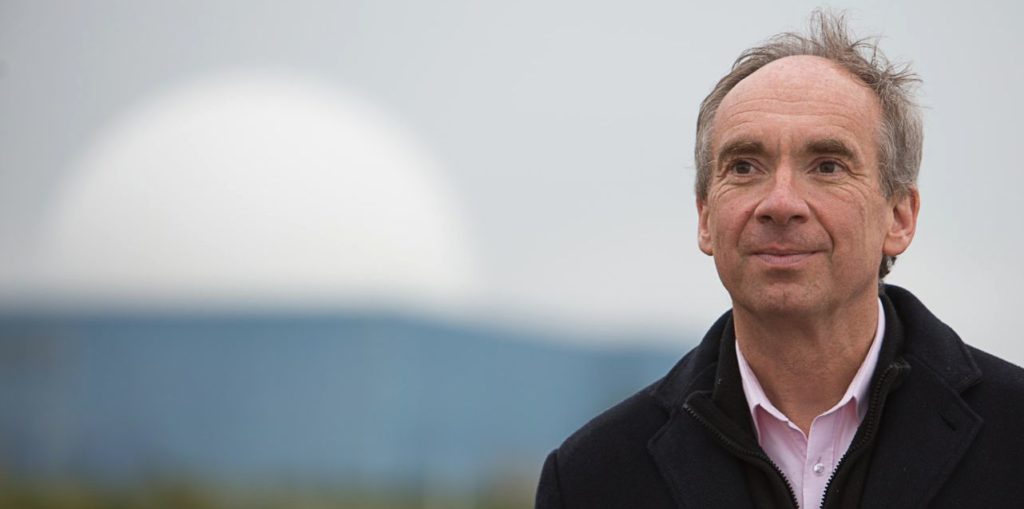
poetry”
North York Moors Chamber Music Festival: Turn Of A Century/Through War, Welburn Manor Marquee, August 16 and 17
FESTIVALS would not be festive if they delivered only run-of-the-mill fare. From time to time, as here, it is absolutely right that they plough new furrows.
Turn Of A Century looked at two works written by composers before they had become famous, Richard Strauss and Béla Bartók.
Strauss was a mere 20 years old when he finished his Piano Quartet in C minor (1884). It is the work of a young man striving hard to make an impression but by and large falling short.
Neither of the opening themes has much character and sound like Brahms on an off day. The Scherzo is even more bombastic while its trio has a pallid melody that lacks definition. The Andante might have been written by Schumann, but with a whiff of the salon about it. The finale uses motifs in a series of sequences that are ultimately repetitious. In short, not exactly vintage Strauss.
Daniel Lebhardt, no doubt in an effort to ‘help’ the music, brought considerable aggression to the piano role; too many of his fortes were fortissimo or louder. It put the strings at a disadvantage, although they – Charlotte Scott, Meghan Cassidy and Alice Neary – dug in and answered as best they could. There was a brief oasis of calm near the end, but otherwise it was a harum-scarum affair, good to hear once, but no more than that.
Bartók’s youth was altogether more disciplined, on the evidence of his Piano Quintet in C,
composed at the age of 23. Here there were genuine precursors of his mature style, with strongly Hungarian flavours throughout.
The richly Romantic opening contrasts a lovely viola melody – played here by Timothy Ridout – with a nervy, urgent dance, which returns even more balletically in the coda.
An ethnic-sounding Scherzo is paired with a Viennese-style trio, before the menacing opening of a slow movement that turns quite lush and ends with strings muted.
The finale, following immediately, starts in folk-dance style very slowly, gathering pace wittily. There are some spaces for ruminative solos, but eventually a fugal finale boils up from the piano – crisply delivered by Katya Apekisheva, on peerless form at this festival.
But all the players deserve praise for their devotion to a work not often heard: violinists Maria Włoszczowska and Vicky Sayles and cellist Jamie Walton, along with Ridout and
Apekisheva as mentioned. Their teamwork was exceptional.
The following evening’s Through War heralded an English programme that required the services of tenor James Gilchrist and a dozen players. The undoubted highlight was Gilchrist in On Wenlock Edge, Vaughan Williams’s evocative setting of six poems from Housman’s A Shropshire Lad, with piano quintet accompaniment.
What really made this performance special was his recitation of the poems in advance, loaded with emotional nuance. It made one appreciate even more the composer’s
special feel for the English language, its intonation and rhythm.
As always, Gilchrist brought intensity to every phrase, delving well below the surface of the
poetry. His contrast between living and dead voices in Is My Team Ploughing? reached a spine-chilling conclusion on “whose”.
His change of tone in Bredon Hill was telling. But he was matched every step of the way by the strings, whose orchestral sweep extended from the opening tremolos – “On Wenlock
Edge the wood’s in trouble” – to the muted ending of Clun. Alasdair Beatson’s piano rippled
effectively, while underlining accents. They all got carried away at the top of Bredon Hill, where Gilchrist was briefly submerged. But it was a memorable account.
We had opened with York Bowen’s Clarinet Sonata, with Matthew Hunt dancing light-footedly through the roulades of the title role and Beatson’s piano in tight support. Hunt later cleverly blended his virtuoso instincts into the ensemble in Howells’s Rhapsodic Quintet, where he was joined by a passionate string quartet led by Charlotte Scott.
The tension of the opening slowly dissipated into a lyrical mood that led coolly to a lovely conclusion. The score sounded freshly-minted, beautifully integrated – and thoroughly English.
The Jubilee Quartet, with David Adams bravely stepping into their injured leader’s shows,
revealed its versatility in Elgar’s String Quartet. Adams is widely experienced, currently concertmaster with the orchestra of Welsh National Opera and incidentally husband of the cellist Alice Neary (who played in the Howells).
Nevertheless, the voices took time to settle in an opening that was more calculated than spontaneous. Adams really found his wings in the central movement, guiding his charges
into a nicely controlled ending. Then the quartet reached persuasive heights in a finale that was both rhythmically alert and bouncing with energy. The best had been kept to last.
Review by Martin Dreyer

